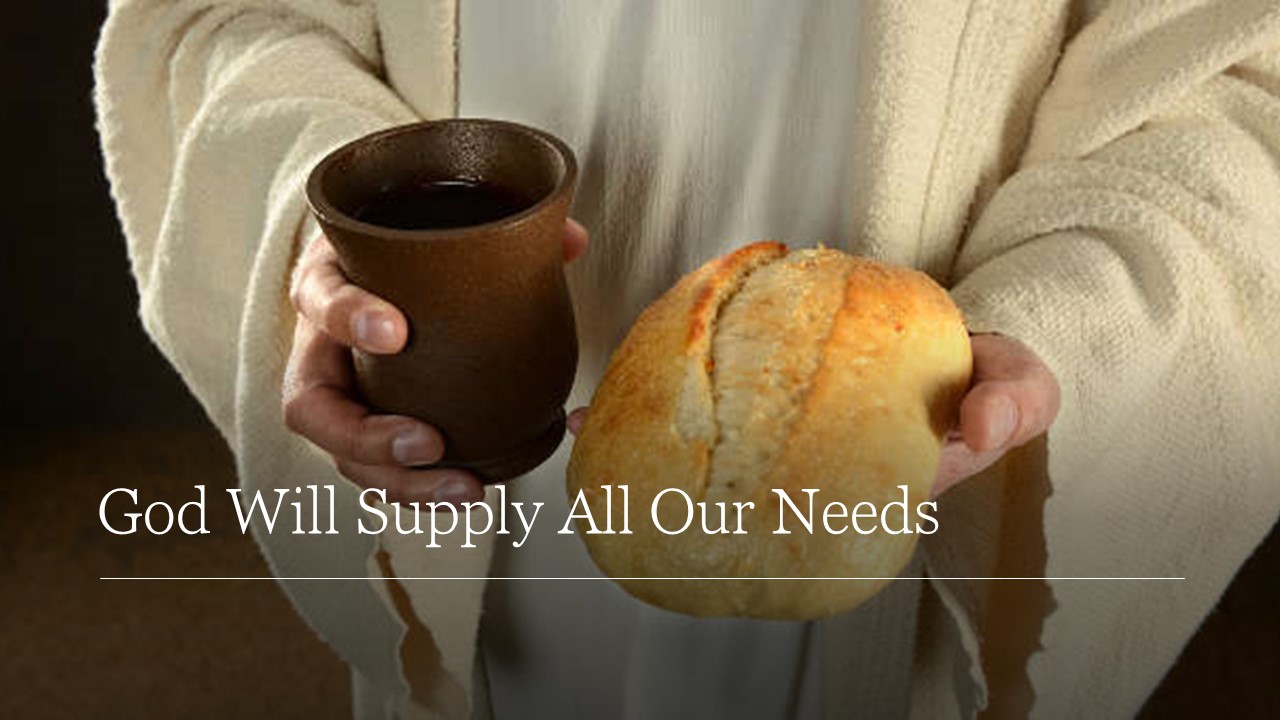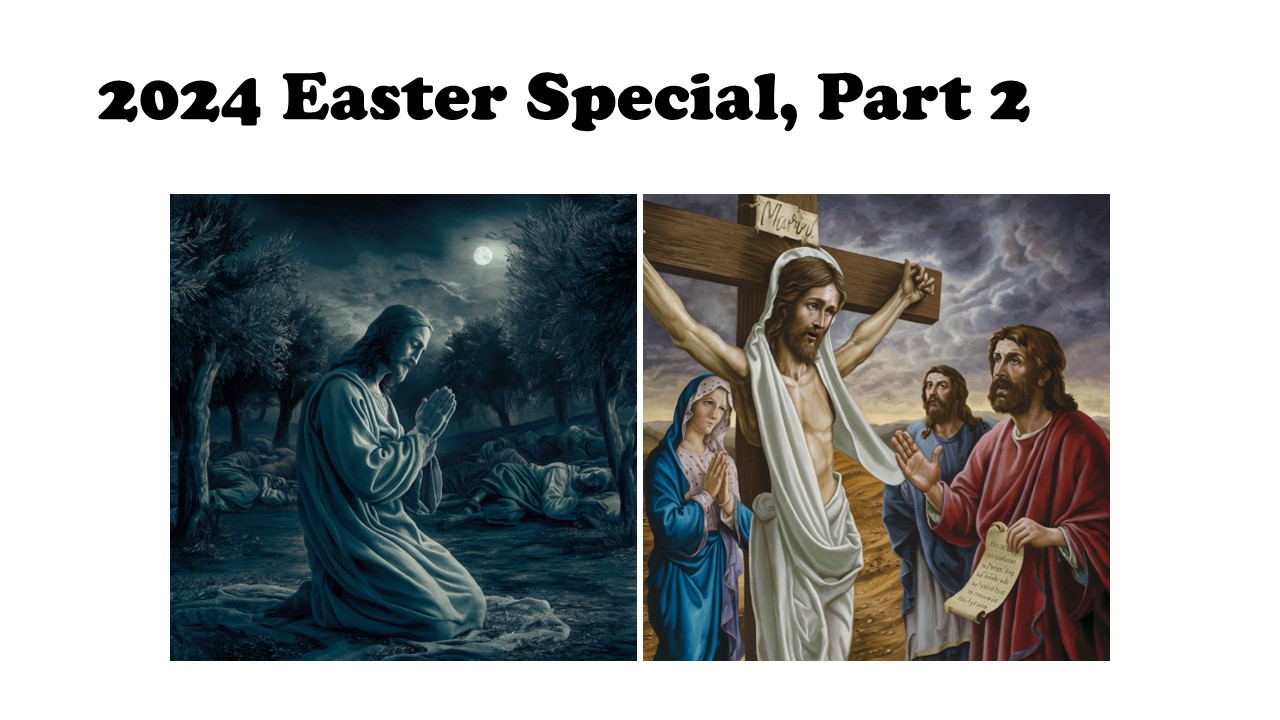Jonah, whose name means “dove” is the son of Amittai, a prophet from Gath-hepher in Zebulun, a territory in the Northern Kingdom of Israel. He prophesies after the days of Elisha, during the reign of Jeroboam II. His story is told in a short, but powerful book of the Old Testament.
When God calls Jonah to go and warn the violent and godless Ninevites of their impending doom, Jonah is overcome with a complex mix of emotions and thoughts. He feels a deep sense of dread and reluctance, not only because Nineveh is known for its brutality and wickedness but also because he fears that his message will not be well-received—or worse, that it might lead to his own harm. Internally, Jonah wrestles with resentment; he struggles with the idea of offering a chance of redemption to a people he believes are undeserving of God's mercy.
Jonah's first instincts are driven by fear and a strong desire to avoid the task at hand. He thinks about the potential futility of his mission—wondering if warning such a notoriously harsh and evil city could ever lead to real change. This skepticism is shadowed by a deeper, more personal conflict: he grapples with his own understanding of God’s justice and mercy, questioning why God would spare such a ruthless city if they were to repent.
After thinking about the situation and his calling, he comes to an illogical decision. He decides to run away from God and Nineveh by taking a ship from Joppa to Tarshish. But God sends a storm to batter the ship. And the storm can only be calmed if Jonah is thrown overboard, where God has another surprise waiting.

1 John 1:1, “We write to you about the Word of life, which has existed from the very beginning. We have heard it, and...

Philippians 4:19, “And my God will supply every need of yours according to his riches in glory in Christ Jesus.” If God can and...

On this day after Easter Sunday, we release the second episode in our five part Easter Special. Today’s episode describes the events beginning with...